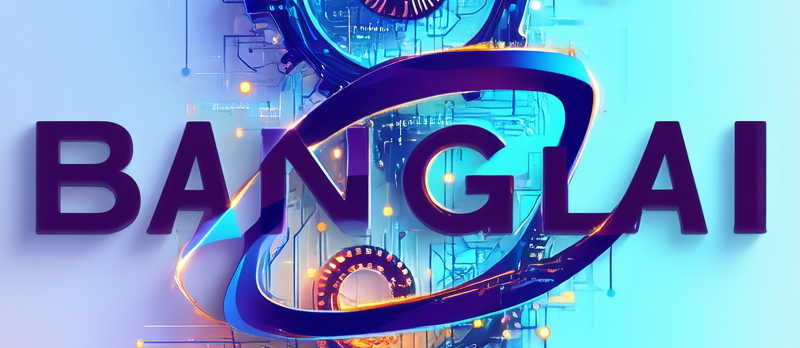Understanding Artificial Intelligence and Its Impact
Artificial Intelligence (AI) represents the cutting-edge of computational systems designed to perform complex tasks that traditionally require human intelligence. This article delves into the fundamental goals of AI, the methods it employs, and the transformative impact it has across various industries and daily life.
The Core Principles and Technologies of Artificial Intelligence
Artificial Intelligence (AI) centers on creating systems that can mimic aspects of human intelligence through subfields like learning, reasoning, knowledge representation, planning, natural language processing, perception, and robotics support. Techniques such as search algorithms, mathematical optimization, formal logic, artificial neural networks, and statistical methods enable these capabilities. Rooted in psychology, linguistics, philosophy, and neuroscience, AI evolved since its 1956 inception, experiencing AI winters before resurging through deep learning and transformer models that revolutionized complex data interpretation and autonomous decision-making.
Applications, Benefits, and Ethical Challenges of AI
Artificial Intelligence powers everyday technologies like web search engines, recommendation systems, virtual assistants, autonomous vehicles, and generative AI tools, enhancing efficiency and personalization across industries. These applications deliver substantial benefits, from improved healthcare diagnostics to optimized logistics. However, ethical challenges arise, including unintended biases, privacy concerns, and potential long-term risks. Organizations such as OpenAI, Google DeepMind, and Meta actively pursue artificial general intelligence (AGI) while advocating for regulatory frameworks to promote AI safety, transparency, and equitable societal impact.
Conclusions
Artificial Intelligence is a rapidly evolving field that has profoundly transformed technology and society through its advanced capabilities and applications. While offering numerous benefits such as efficiency and innovation, it also presents ethical challenges requiring careful consideration and regulation. Understanding AI’s principles, applications, and implications is crucial to harnessing its potential responsibly and effectively.




